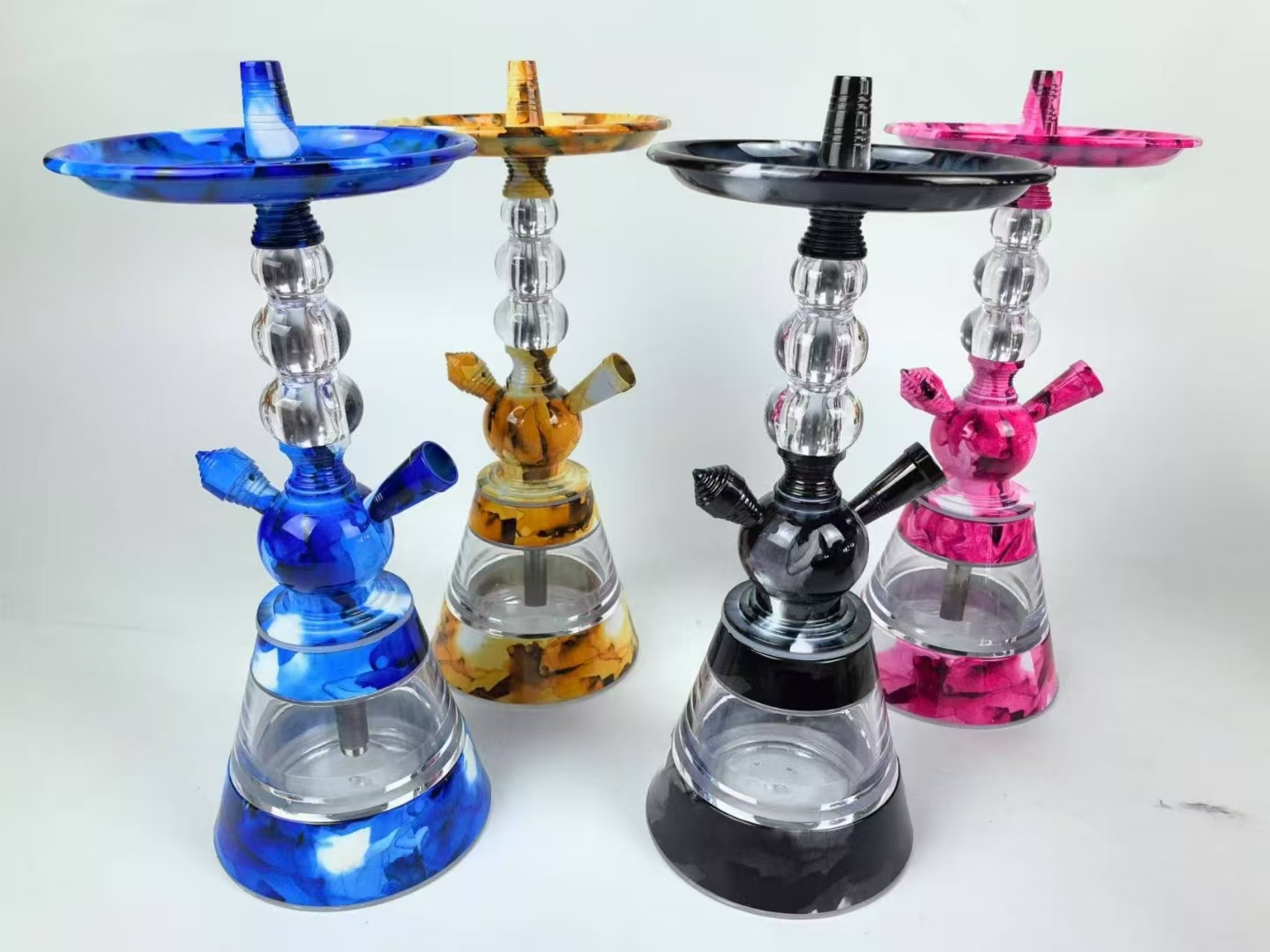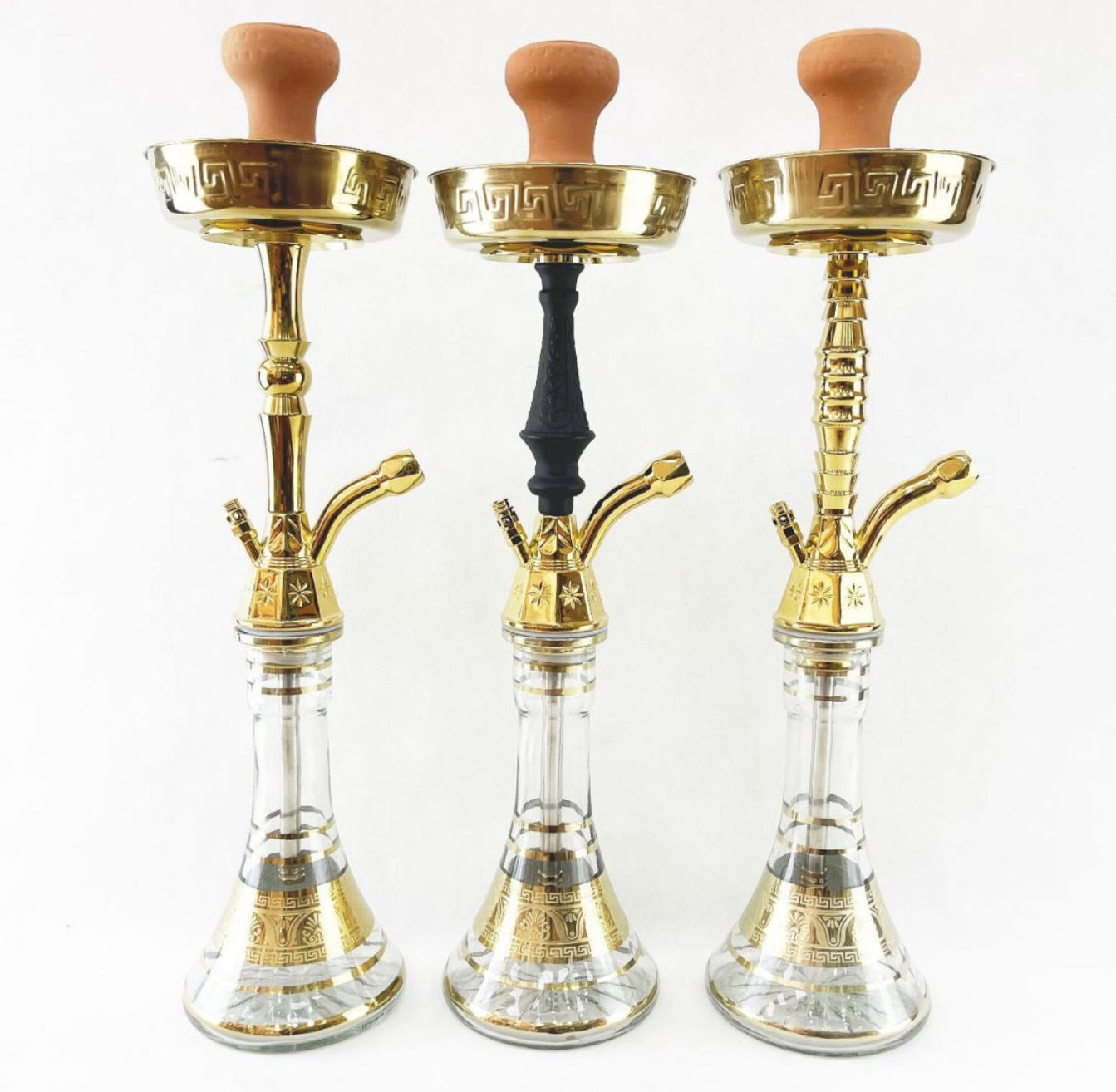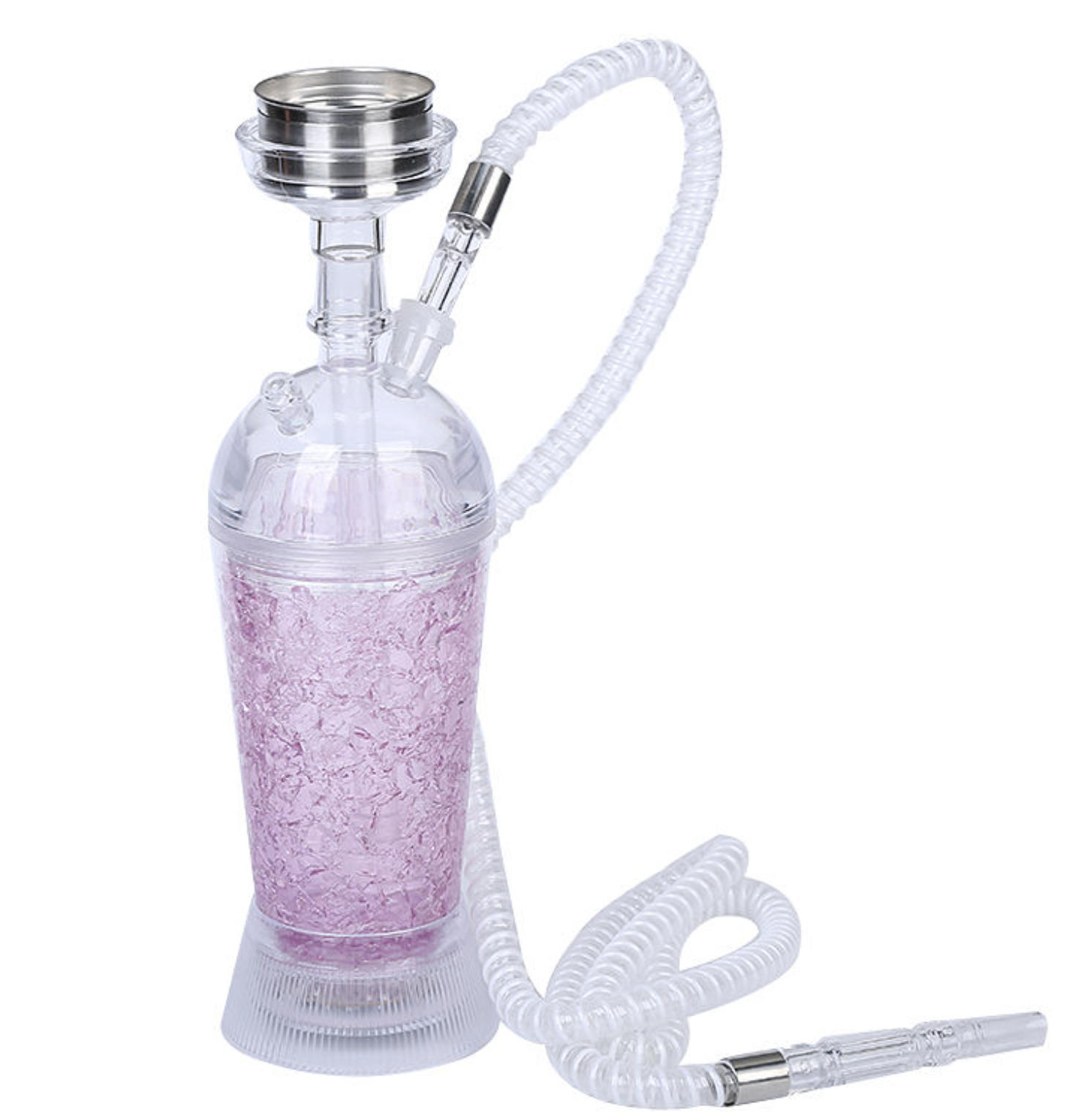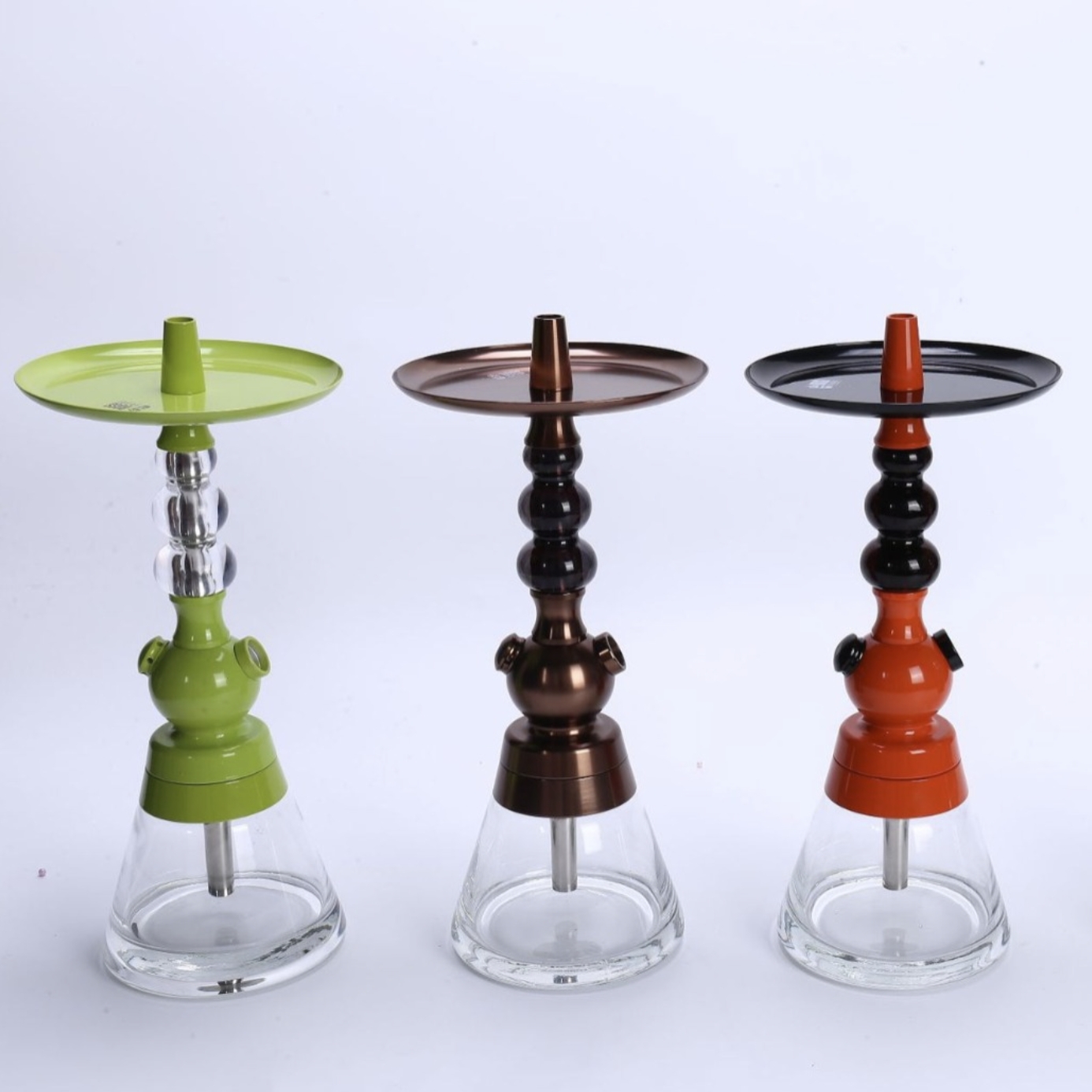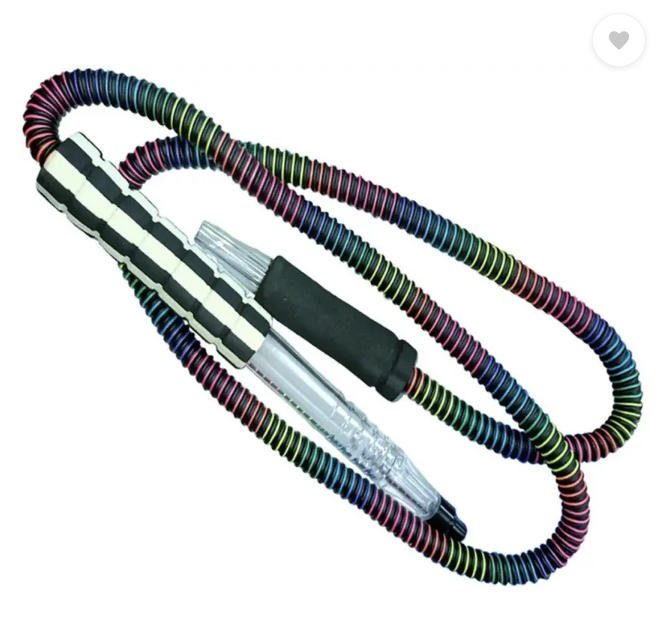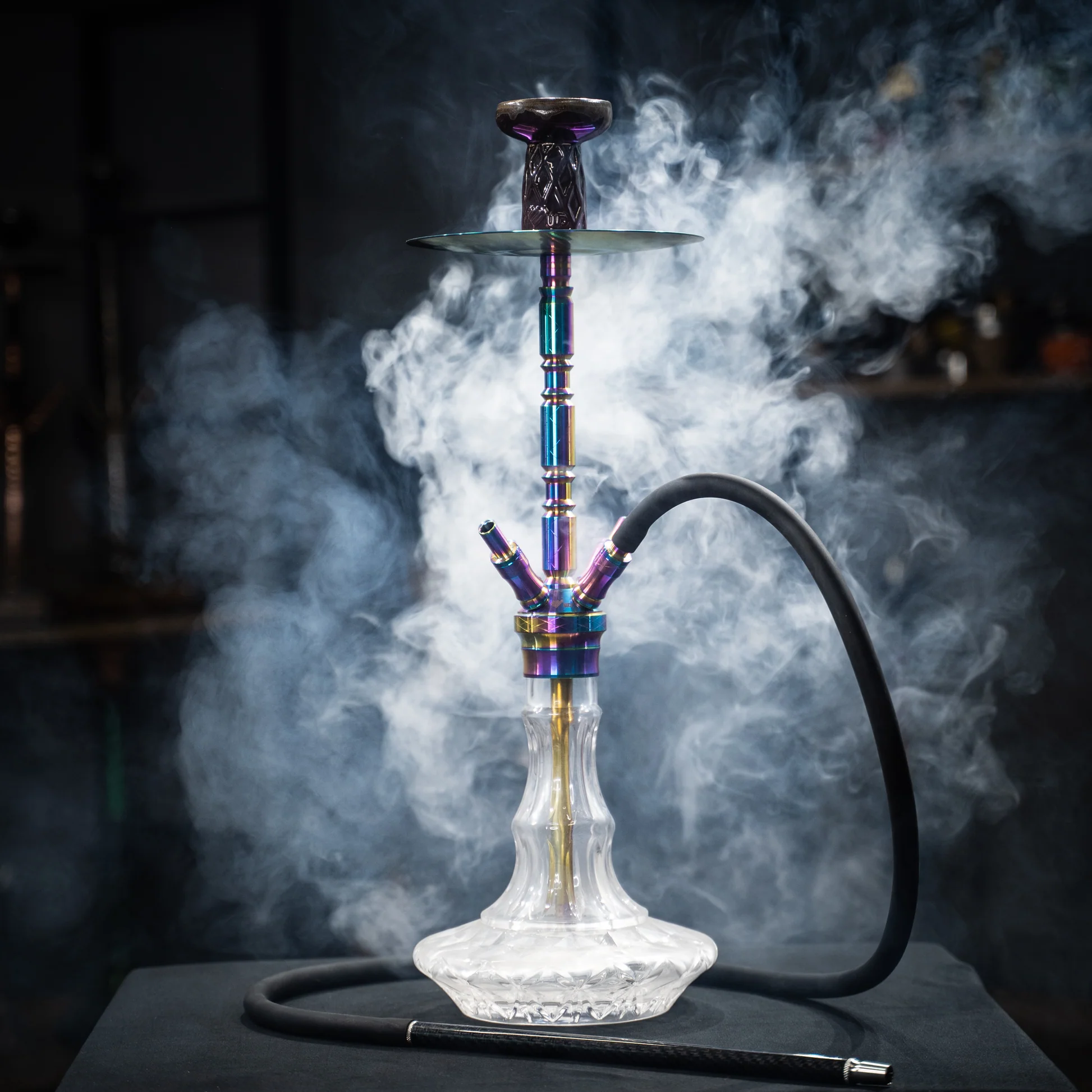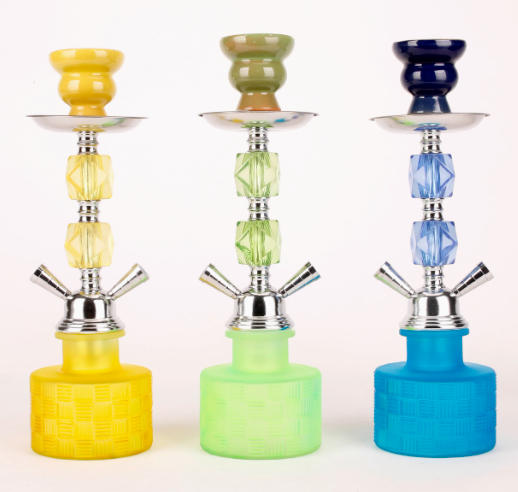What Does Hookah Do to Your Throat?
Table of Contents
-
Introduction
-
Conclusion
What Does Hookah Do to Your Throat? A Comprehensive Guide
Introduction
Hookah, also known as shisha or waterpipe, has surged in popularity, particularly among young adults seeking a social and flavorful smoking experience. Whether you're visiting a hookah lounge near me or enjoying a hookah set at home, you might wonder, "What does hookah do to your throat?" This question is critical, as the throat is one of the first areas affected by hookah smoke. As someone who has explored hookah culture extensively and worked with hookah wholesale suppliers, I’ve seen firsthand how this activity can impact health. In this article, we’ll dive into how hookah affects your throat, backed by research and practical tips to minimize harm, all while keeping things friendly and approachable.
What Is Hookah and How Does It Work?
To understand what hookah does to your throat, let’s first clarify what hookah is. A hookah is a waterpipe used to smoke flavored tobacco, often mixed with molasses or honey, known as shisha. The setup includes a bowl where the shisha is heated with charcoal, a hose for inhaling, and a water base that cools the smoke. Unlike cigarettes, hookah smoke is filtered through water, which many believe makes it less harsh. However, this doesn’t mean it’s safer. According to a study by the Centers for Disease Control and Prevention (CDC), hookah smoking delivers similar or higher levels of toxicants compared to cigarettes (CDC, 2010).
The process of smoking hookah involves inhaling deeply, which sends smoke directly to your throat and lungs. This raises the question: what does hookah do to your throat during these sessions? The answer lies in the chemicals and heat involved, which we’ll explore next.
How Does Hookah Smoke Affect Your Throat?
When you smoke hookah, the throat is exposed to a mix of chemicals, including nicotine, carbon monoxide, and polycyclic aromatic hydrocarbons (PAHs). These substances, produced by burning charcoal and tobacco, can irritate the delicate tissues in your throat. A systematic review by Akl et al. (2010) found that hookah smoking is associated with respiratory issues, including throat irritation (International Journal of Epidemiology).
From my experience visiting hookah lounges, I’ve noticed that first-time users often report a scratchy or dry throat after a session. This is because the smoke, even when cooled by water, contains irritants that inflame the throat’s mucous membranes. For those wondering, “Does hookah have nicotine?”—yes, most shisha contains nicotine, which can further dry out the throat, making it feel tight or sore. Herbal shisha, often marketed as nicotine-free, still produces harmful toxicants, as noted in a study by Shihadeh et al. (2012) (Food and Chemical Toxicology).
Short-Term Effects of Hookah on Your Throat
Wondering what hookah does to your throat in the short term? Here are some common effects, based on research and personal observations:
-
Throat Irritation: The heat and chemicals in hookah smoke can cause immediate irritation, leading to a scratchy or burning sensation. This is especially common with heavy smoking or poor-quality hookah coals.
-
Dryness: Nicotine and other compounds dry out the throat, reducing saliva production. This can make swallowing uncomfortable.
-
Coughing: Inhaling hookah smoke, especially if you’re not used to it, can trigger coughing as your throat tries to clear irritants.
-
Hoarseness: Prolonged sessions may lead to a hoarse voice, as the vocal cords are exposed to smoke.
In my time at a local hookah shop near me, I’ve heard customers describe these effects after long sessions, particularly when using strong flavors like double apple hookah. To reduce these effects, consider shorter sessions (20-30 minutes) and stay hydrated by drinking water throughout.
Long-Term Risks of Hookah Smoking on Throat Health
Beyond immediate discomfort, what does hookah do to your throat over time? The long-term risks are concerning, as repeated exposure to hookah smoke can lead to serious health issues. According to the World Health Organization (WHO), a single hookah session can expose you to the smoke equivalent of 100-200 cigarettes due to the volume inhaled (WHO, 2005).
Here are key long-term risks to your throat:
-
Chronic Irritation and Inflammation: Regular hookah use can cause ongoing throat inflammation, increasing the risk of conditions like pharyngitis.
-
Increased Risk of Throat Cancer: The carcinogens in hookah smoke, such as PAHs, are linked to throat and oral cancers. Akl et al. (2010) noted a significant association between hookah use and cancer risks.
-
Vocal Cord Damage: Chronic exposure can weaken vocal cords, leading to persistent hoarseness or voice changes.
-
Respiratory Issues: The throat is a gateway to the lungs, and irritation can contribute to broader respiratory problems, like chronic bronchitis.
As someone involved in hookah wholesale, I’ve seen how misinformation about hookah’s safety spreads. Many believe the water filters out toxins, but studies show it doesn’t eliminate harmful substances. If you’re asking, “Is hookah bad for you?”—the answer is yes, especially with frequent use.
Actionable Tips to Protect Your Throat While Using Hookah
If you enjoy hookah but want to minimize throat-related harm, here are practical steps you can take, based on my experience and expert recommendations:
-
Choose High-Quality Hookah Supplies: Opt for premium shisha and natural coconut hookah coals, which produce fewer toxicants. Brands like Al Fakher and Khalil Mamoon are reliable choices. Check out Hookah-Shisha.com for quality products.
-
Stay Hydrated: Drink water before, during, and after your session to combat dryness. I always keep a bottle nearby at hookah lounges to stay comfortable.
-
Use a Clean Hookah Setup: Regularly clean your hookah pipe, hose, and bowl to prevent residue buildup, which can worsen throat irritation. A simple rinse with warm water and a brush works wonders.
-
Limit Session Length: Keep sessions under 30 minutes to reduce exposure. Set a timer to avoid overdoing it.
-
Try Nicotine-Free Options: If you’re sensitive to nicotine, explore herbal shisha, but be aware it still carries risks. Always verify product ingredients.
-
Use a Hookah Diffuser: This accessory reduces smoke harshness, making it gentler on your throat. You can find diffusers at most hookah stores near me.
These tips are easy to implement and can make a big difference. For example, switching to coconut coals at my local hookah lounge noticeably reduced throat irritation during sessions.
Conclusion
So, what does hookah do to your throat? In the short term, it can cause irritation, dryness, and coughing, while long-term use increases risks of chronic inflammation, vocal cord damage, and even throat cancer. By understanding these effects and following actionable tips like staying hydrated, using quality hookah supplies, and limiting session time, you can enjoy hookah more safely. While hookah lounges and shisha flavors offer a fun social experience, prioritizing throat health is key. If you’re curious about hookah’s broader effects or want to explore safer alternatives, visit CDC’s Hookah Fact Sheet or consult a healthcare professional. Stay informed, smoke responsibly, and keep your throat happy!
